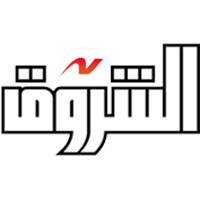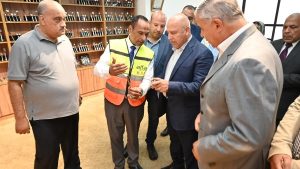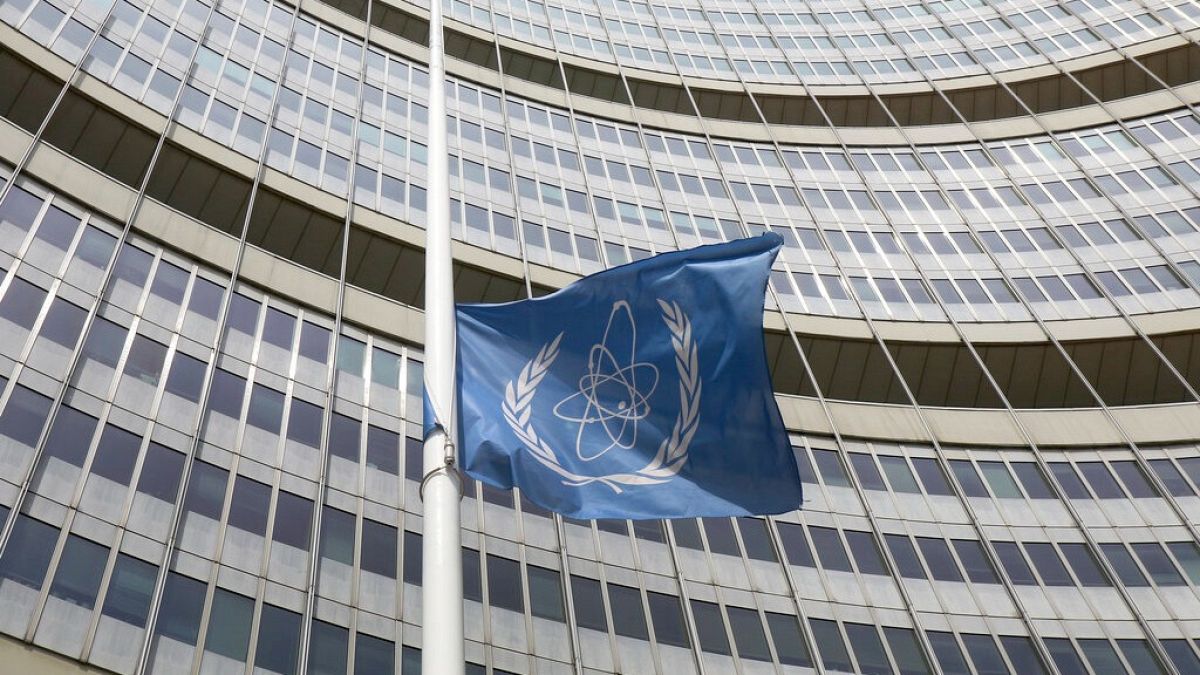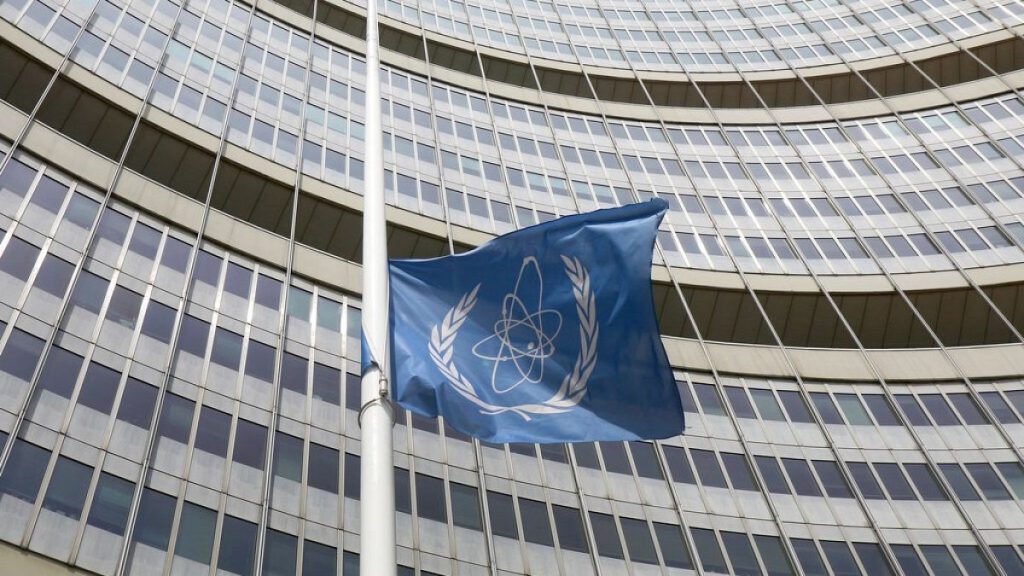Iran announced it was suspending cooperation with the International Atomic Energy Agency (IAEA) following a 12-day war during which Israel, with U.S. support, launched strikes targeting sensitive nuclear facilities. This led the agency to withdraw its inspectors from Tehran for security reasons.
In a report seen by Agence France-Presse, the IAEA condemned Iran’s decision as “very regrettable,” affirming that the move was necessary given the overall security situation.
According to the report, Iran’s stockpile of uranium enriched up to 60% reached approximately 440.9 kilograms by June 13, an increase of 32.3 kilograms since May 17.
The agency noted that this enrichment level approaches the 90% threshold used for nuclear weapons production, pointing out that Iran is the only non-nuclear-weapon state enriching uranium at this level. Nevertheless, Tehran has repeatedly denied seeking nuclear weapons.
Former U.S. President Donald Trump withdrew unilaterally from the 2015 nuclear deal that restricted Tehran’s program during his first term, prompting Iran to roll back most of its key commitments a year later.
Amid stalled negotiations, Tehran was engaged in new talks with Washington before they halted following the recent Israeli attack.
Subsequently, the Islamic Republic opened dialogue channels with the three European countries that signed the 2015 deal: France, Britain, and Germany. However, these countries activated the “snapback” mechanism at the end of August, allowing the re-imposition of UN sanctions, giving Iran a 30-day window to reach a settlement before sanctions are reinstated.














Recommended for you
Exhibition City Completes About 80% of Preparations for the Damascus International Fair Launch
Talib Al-Rifai Chronicles Kuwaiti Art Heritage in "Doukhi.. Tasaseem Al-Saba"
Unified Admission Applications Start Tuesday with 640 Students to be Accepted in Medicine
Egypt Post: We Have Over 10 Million Customers in Savings Accounts and Offer Daily, Monthly, and Annual Returns
His Highness Sheikh Isa bin Salman bin Hamad Al Khalifa Receives the United States Ambassador to the Kingdom of Bahrain
Al-Jaghbeer: The Industrial Sector Leads Economic Growth